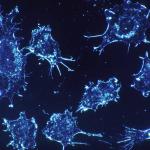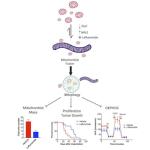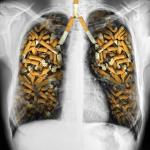Just because Joe "Crazy Joe" Mercola, perhaps the number one purveyor of health misinformation on the Internet, says something doesn't necessarily make it wrong, but it's a bet I'll take any day.
pancreatic cancer
We all hoped it wasn't going to happen, although we secretly knew it probably would. Earlier this week, long-time Jeopardy! host Alex Trebek lost his battle with pancreatic cancer.
Inside of our body cells are tiny little organs ("organelles") called mitochondria that serve as miniature power plants. They provide the energy necessary for metabolism to occur and our bodies to function.
My heart sank when I received the news.
Nearly two years ago, my friend and colleague, Sam Chi, called to tell me that he had pancreatic cancer. I knew that was a death sentence.
Who among us hasn’t been tormented by the itch after a mosquito bite? This is due to the histamine release at the offending site.
Pancreatic cancer via Shutterstock
A pancreatic cancer diagnosis








